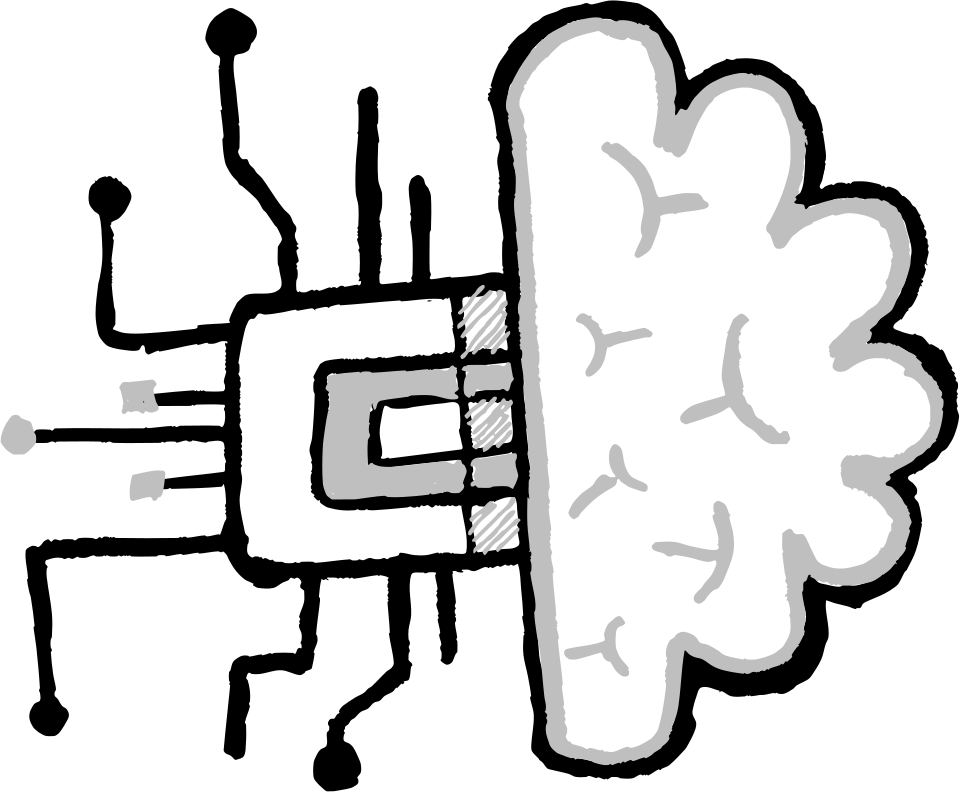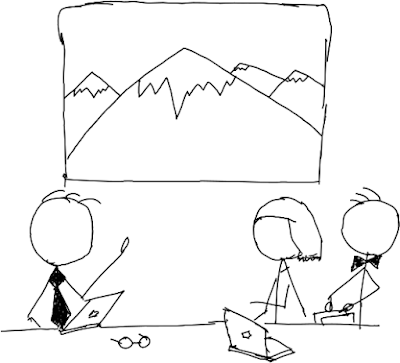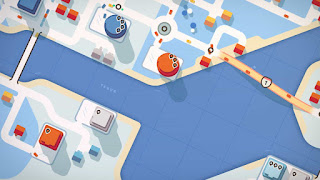Business for Business' Sake
"Now think of the person that runs the portable restrooms business. At construction sites or concert halls, you have these portable toilets everywhere - I'm certain the person never set out with a deep passion for toilets when building this business. No, it's business, for business' sake, and that business has an overall positive influence on society. The means of building a business, that is, the product you build or the service you provide is merely the vehicle. And depending on where you want to go, there is no shame in the choice of vehicle taken. As long as you're doing business ". It was happenstance how I met Maylon, but his analogy stuck with me. I was driving back home from the office while working in Seattle, when I stopped at a gas station. Now I was struggling to refuel this rental car, and up comes this massive Ford F-150 on the opposite side. The man inside, dressed in classic business attire - a fitting shirt with creaseless pants, hair sleek li





